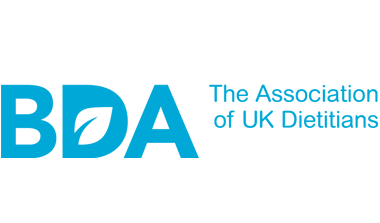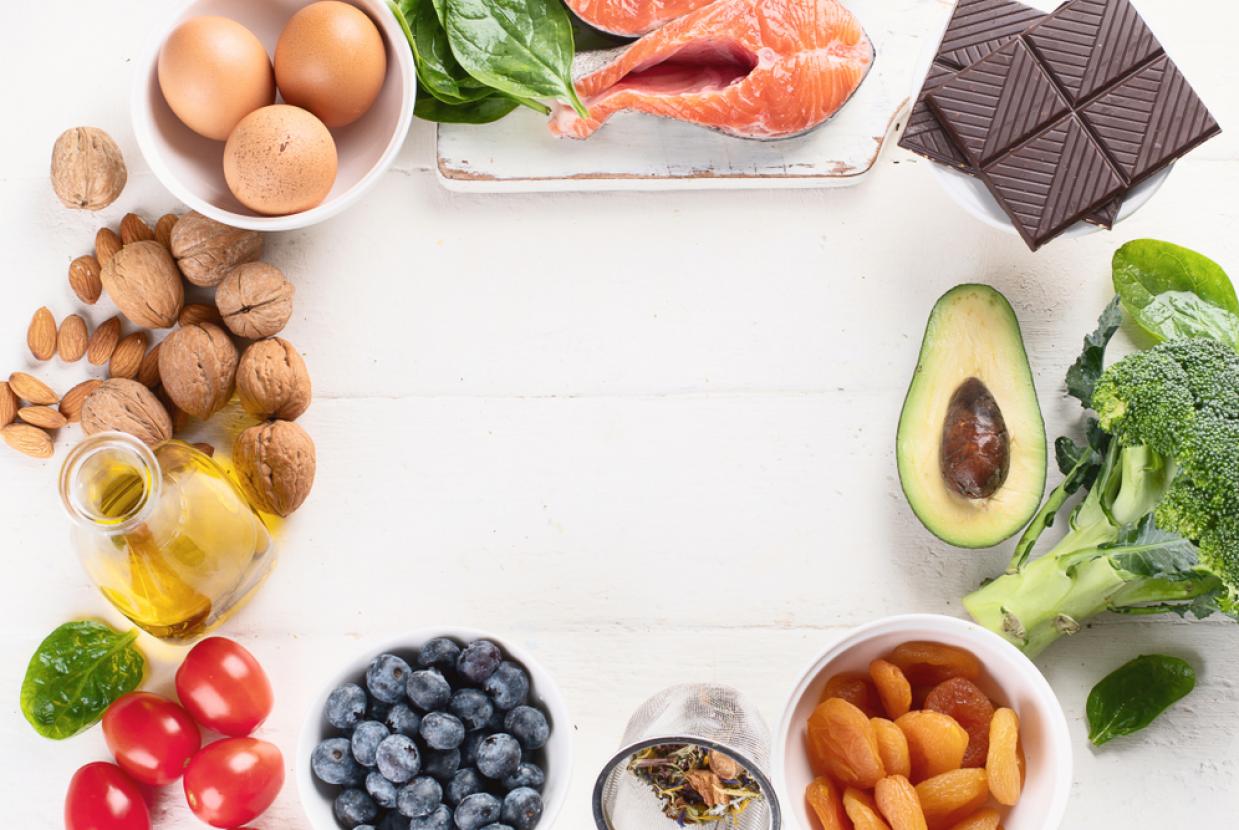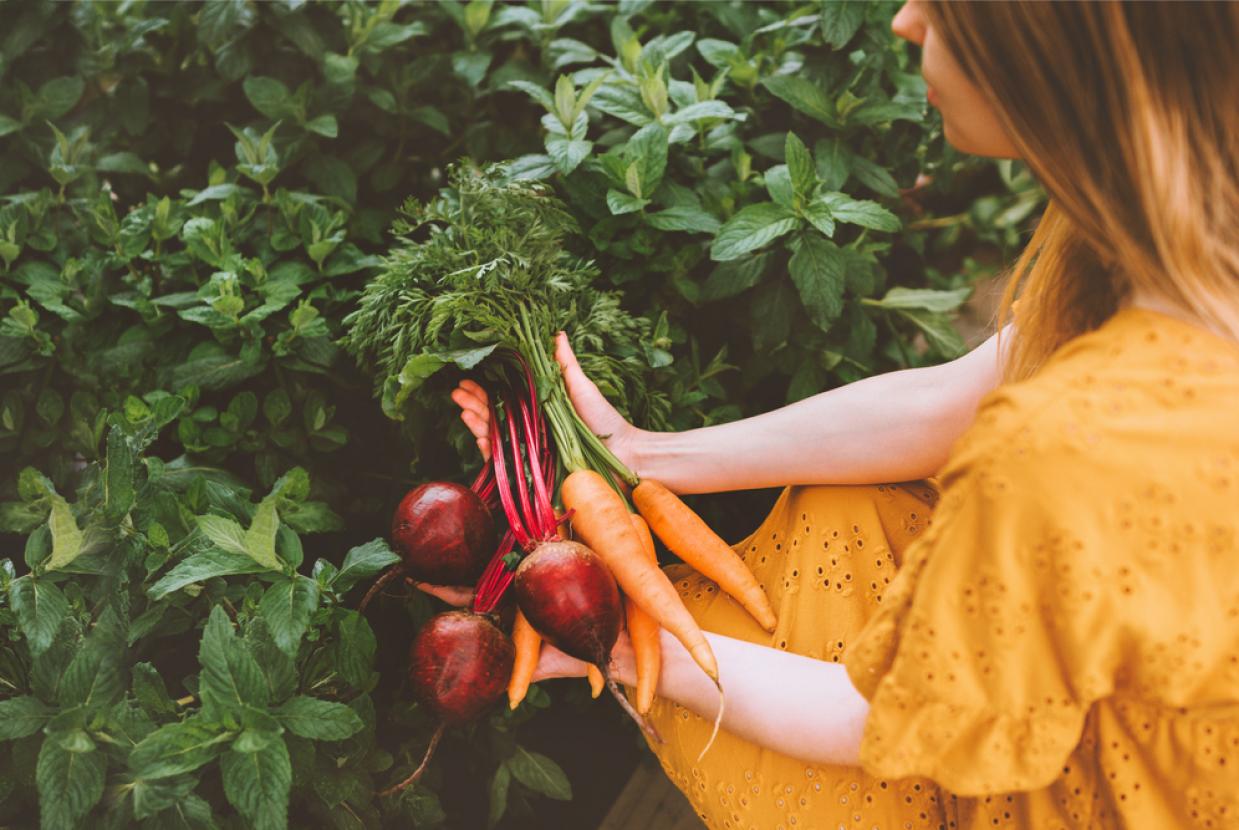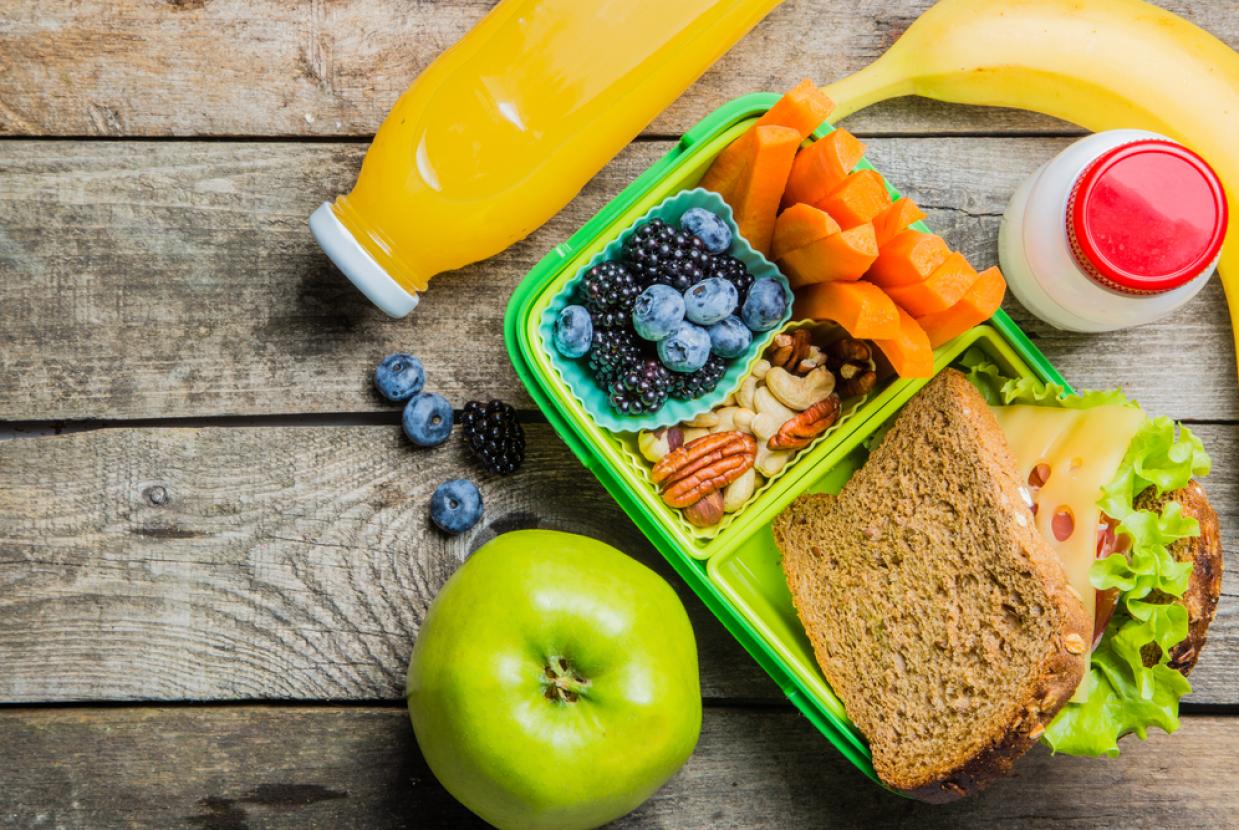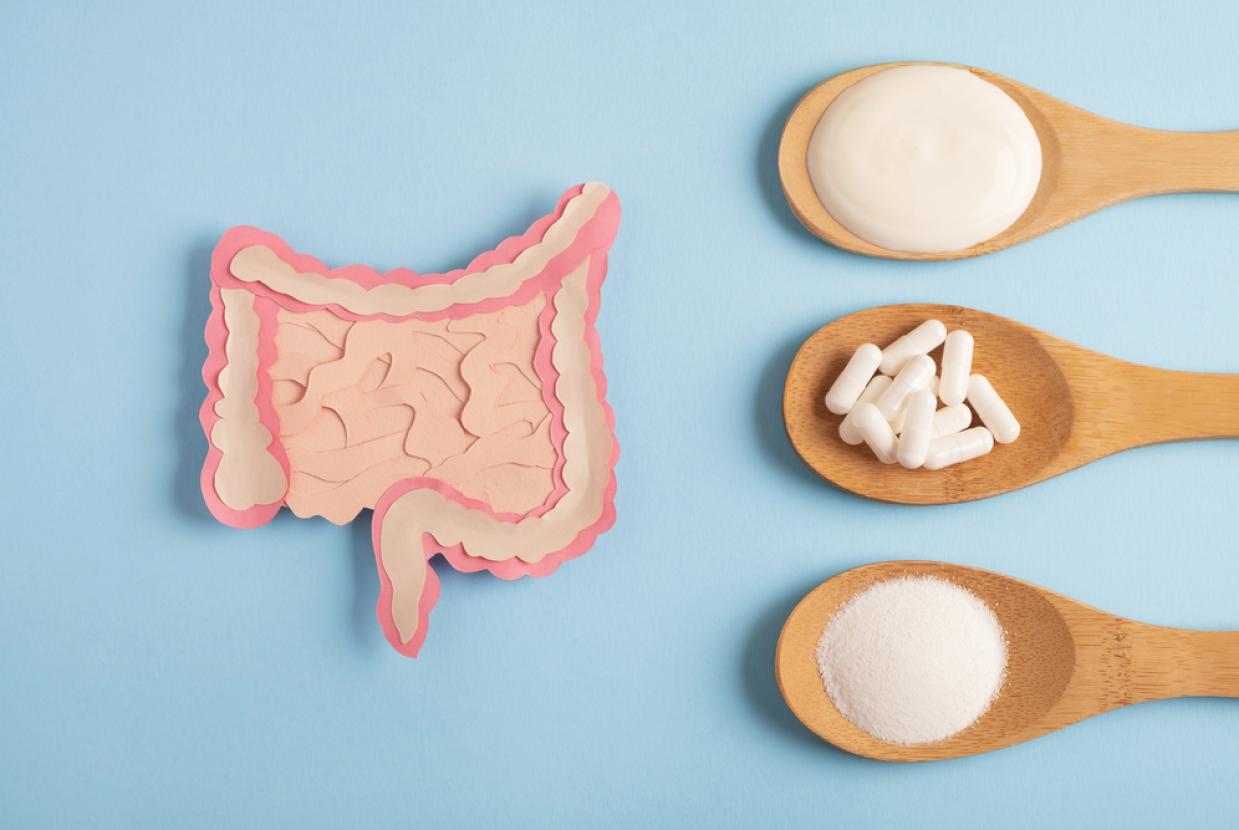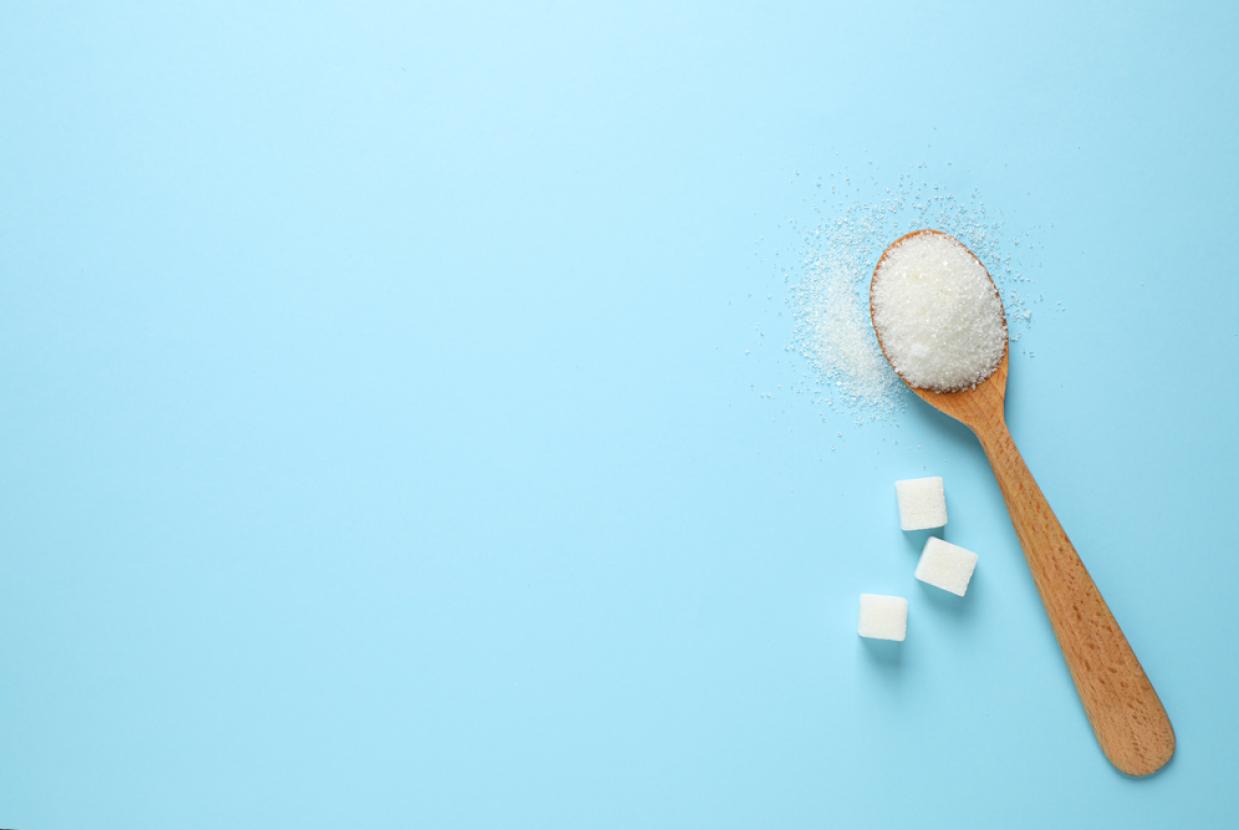Small Steps To Eat, Drink & Age Well
Healthy Diet / Ageing WellFor many older adults maintaining a balanced and varied diet can prove challenging for a variety of reasons. Some of the common challenges that older adults report include:
- Difficulty with food shopping: this may be due to reduced mobility, changes in physical health or changes in cognition
- Difficulty with preparing or cooking food: due to changes in dexterity, changes to eyesight, changes to cognition or reduced access to cooking appliances
- Lack of knowledge around cooking and preparing food: possibly their partner or spouse had previously done most of the cooking and now they are cooking for themselves
- Feelings of loneliness and reduced interest in eating and drinking
- A reduced appetite: this could be linked to taste changes, changes in smell, our appetite can naturally decrease as we get older, physical health conditions, changes in cognition
There are various practical things people can do to help overcome some of these challenges: writing shopping lists, using home delivery or click and collect services from supermarkets, Meals on Wheels, seeking support from family or friends, batch cooking meals and freezing them or buying ready meals. When buying ready meals, check the label and choose options where the traffic light symbols for fat and salt are green or amber rather than red. Also look for meals that contain at least two portions of your recommended 5 a day as well as a good source of protein and carbohydrate.
Here are some tips from the Eating, Drinking and Ageing Well resource developed by the BDA Older People Specialist Group. This resource was developed to highlight the importance of a nutrient rich diet for people aged over 65 to support ageing well.
The resource explains that as we get older we need to continue to have a balanced and varied diet including all of the main food groups at each meal: fruit and vegetables, starchy carbohydrates protein, fats (preferably unsaturated fats), milk and milk based foods.
However there are some key nutrients that are worth an extra mention for older adults. These include vitamin B12 as intake of this vitamin can be low in older adults. Vitamin B12 is important for helping us to maintain energy levels and health. Lots of foods are fortified with vitamin B12 including cereals, other dietary sources include lean meat, fish, poultry, eggs, milk and milk-based foods.
Another key nutrient is vitamin D. Vitamin D helps to support bones, muscles and teeth. It also helps to preserve muscle strength which alongside a sufficient intake of protein can reduce our risk of falls and help maintain our independence in our daily lives. Our best source of vitamin D is sunshine but during the Winter months, we do not get enough sunlight so we should consider taking a 10 micrograms supplement. Additionally as we get older our body gets less efficient at making vitamin D from sunlight so if you are over 65 or spend most of your time indoors even in the Spring and Summer months, it is worth considering taking a vitamin D supplement all year round.
In addition to our nutrition, making sure we drink plenty remains very important as we age. Not only does an adequate fluid intake help prevent constipation but it can also reduce our risk of falls, prevent us from experiencing headaches or poor concentration. However as we get older, we may not recognise the feeling of thirst like we used to, so we may need to make a more conscious effort to ensure we are drinking enough. For women we should aim for 1600mls per day and for men 2000mls. All fluid counts apart from strong alcohol counts towards our daily fluid intake (including tea, coffee, milk, squash, fruit juice, milk based drinks and fizzy drinks).
Here are some small steps that you can take to help maintain your health and wellbeing as you age. Whether this be:
- Having an extra cup or glass of fluid every day
- Having a protein source at every meal
- Including more sources of vitamin B12 in your daily diet
- Starting to take a 10 microgram vitamin D supplement throughout the winter


